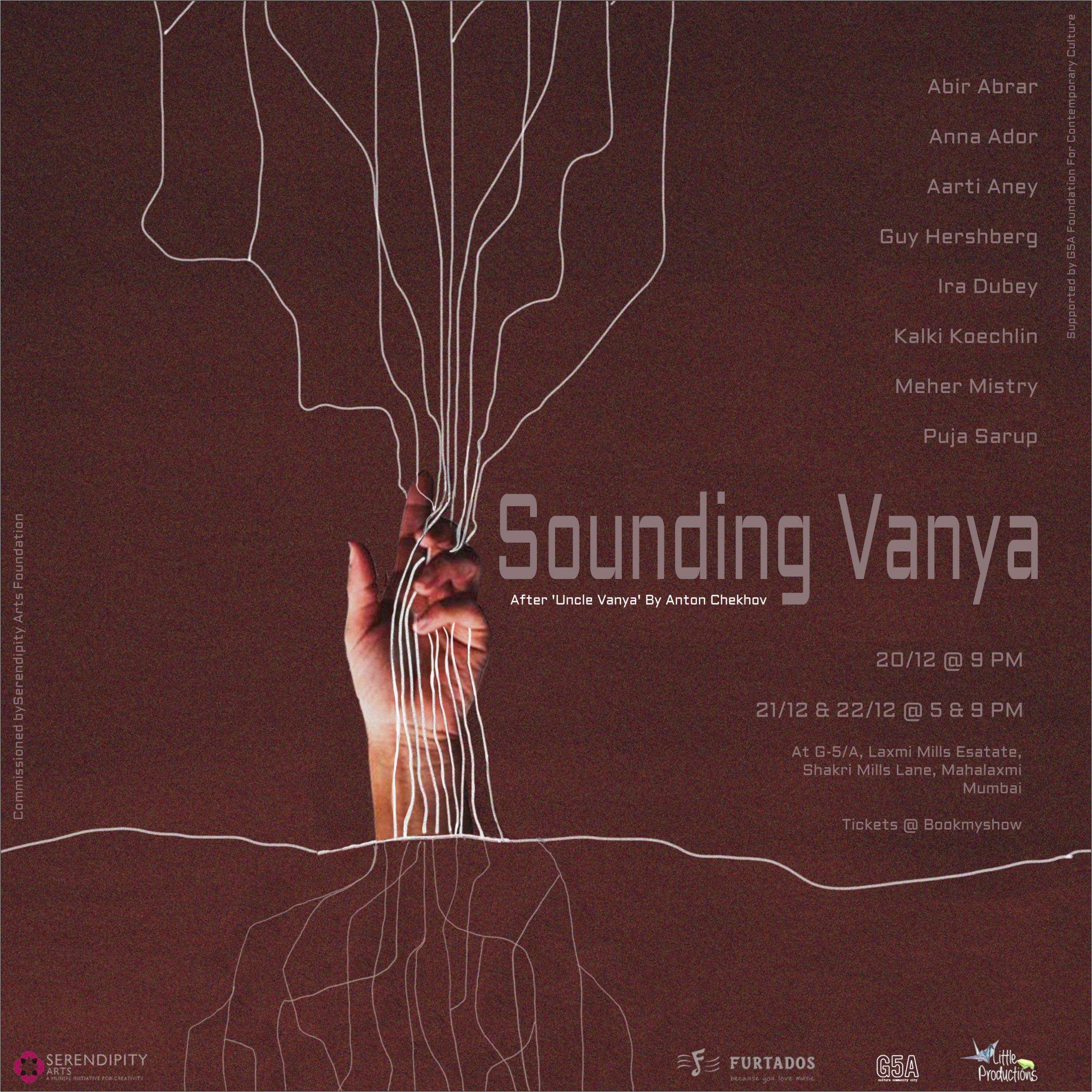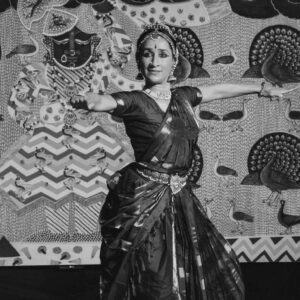
Sounding Vanya – After ‘Uncle Vanya’ by Anton Chekhov
Sounding Vanya – After ‘Uncle Vanya’ by Anton Chekhov playing at the G5A Black Box
In “Sounding Vanya,’ a pianist and a group of actors will interrogate Chekhov’s 120-year old text, dismantling it and rebuilding it to allow it to sound. Directed by Rehaan Engineer, presented by Little Productions, commissioned by Serendipity Arts Foundation. Performed by Abir Abrar, Anna Ador, Aarti Aney, Guy Hershberg, Ira Dubey, Kalki Koechlin, Meher Mistry and Puja Sarup. Supported by G5A.
20th December | 9pm
21st & 22nd December | 5pm & 9pm
Duration: 2 hours & 30 minutes ( 3 intervals)
Language :English
Age Limit: 12 years and above. Parental Guidance advised.
Synopsis:
[1] “Where the tune is familiar and the end emphatic – lovers united, villains discomfited, intrigues exposed – as it is in most Victorian fiction, we can scarcely go wrong, but where the tune is unfamiliar and the end a note of interrogation or merely the information that they went on talking, as it is in Tchekov, we need a very daring and alert sense of literature to make us hear the tune, and in particular those last notes which complete the harmony.” (Virginia Woolf)
[2] SOUND [v.1]: “to be audible, to produce vibrations affecting the ear,” early 13c. sounen, from Old French soner and Latin sonare, “to sound, make a noise.”
[3] SOUND [v.2]: “fathom, probe, measure the depth of,” mid-14c., from Old French sonder, from sonde “sounding line,” perhaps from the same Germanic source that yielded Old English sund, “water, sea.”
[4] ‘Uncle Vanya: Scenes from Country Life in Four Acts,’ an 1898 play by Anton Chekhov (1860-1904).
[5] Leo Tolstoy: “I went to see ‘Vanya,’ and I was appalled. Where’s the drama? The play treads water.”
[6] And Maxim Gorky: “One can’t clearly express what this play calls up in one’s soul, but I felt as I watched its characters as if I were being sawn in half by a dull saw. Its teeth go straight to the heart, and they make the heart clench, groan, cry out. I feel it to be something terrible. Your ‘Uncle Vanya‘ is an entirely new form of dramatic art, a hammer with which you strike at the empty skulls of the public.”
[7] And Chekhov himself: “The drama must either degenerate completely, or take a completely new form. We cannot even imagine what the theatre will be like in a hundred years.”
[8] In “Sounding Vanya,’ a pianist and a group of actors will interrogate Chekhov’s 120-year old text, dismantling it and rebuilding it to allow it to sound

